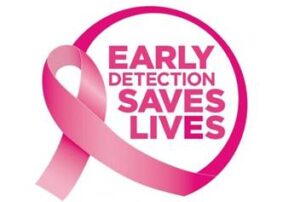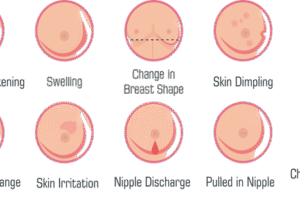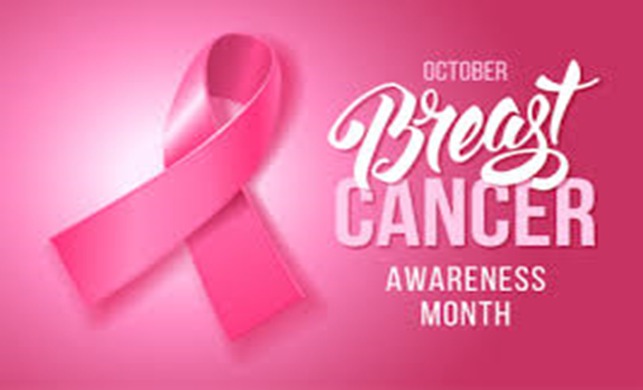Every year in October, we hear a series of broadcasts about breast cancer. Breast cancer remains the most prevalent cancer globally. Accounting for 2.3 million diagnoses among women in 2022, as per the World Health Organization (WHO).
This disease resulted in approximately 670,000 deaths worldwide during the same year. Notably, women in high-income countries face a higher lifetime diagnosis risk of 1 in 12, whereas in low-income countries, the risk is 1 in 27. However, the mortality rate tells a different story. Women in low-income countries are more likely to die from breast cancer (1 in 48) compared to their counterparts in high-income countries (1 in 71), primarily due to limited access to screening and treatment services.
HERE ARE FIVE(5) THINGS EVERYONE SHOULD KNOW ABOUT BREAST CANCER
- Common but Treatable When Detected Early.

Breast cancer is one of the most common cancers worldwide, especially among women, but early detection through screening (like mammograms and self-exams) greatly increases the chances of successful treatment. If you see anything unusual about your breast, simply seek help .
- It Affects Both Women and Men

While women are most affected, men can also develop breast cancer. However, it is rarer in men, often making up less than 1% of cases. Men can have breasts, therefore, as a human, always be aware and conscious of changes in your body in order to avoid any misfortunes.
3. Risk Factors Vary
Age, family history, genetic mutations (like BRCA1/2), lifestyle choices (such as smoking, alcohol use, poor diet), and hormonal factors can all influence risk. Still, anyone can develop breast cancer, even without clear risk factors. It is not always about how exposed or prone you are. Some people just naturally develop it.
4.Watch out for warning signs
 Signs like lumps in the breast or armpit, changes in breast shape or size, unusual discharge, dimpling of the skin, or changes in the nipple (like inversion or sores) can be warning signs. Not all lumps are cancer, but they should always be checked.
Signs like lumps in the breast or armpit, changes in breast shape or size, unusual discharge, dimpling of the skin, or changes in the nipple (like inversion or sores) can be warning signs. Not all lumps are cancer, but they should always be checked.
5.Prevention and Awareness Matter

Regular self-exams, clinical screenings, a healthy lifestyle, and awareness of family medical history are key. Advances in treatment, such as surgery, chemotherapy, radiation, and targeted therapies, mean survival rates keep improving.
By Emmanuella Antwi






